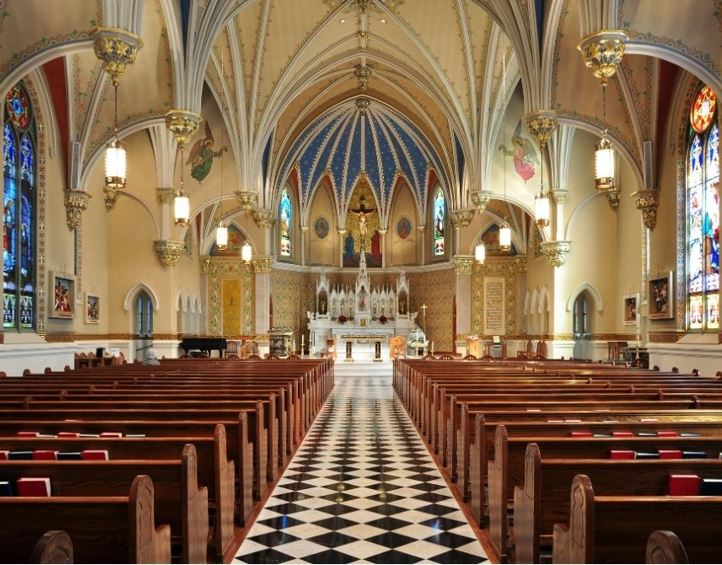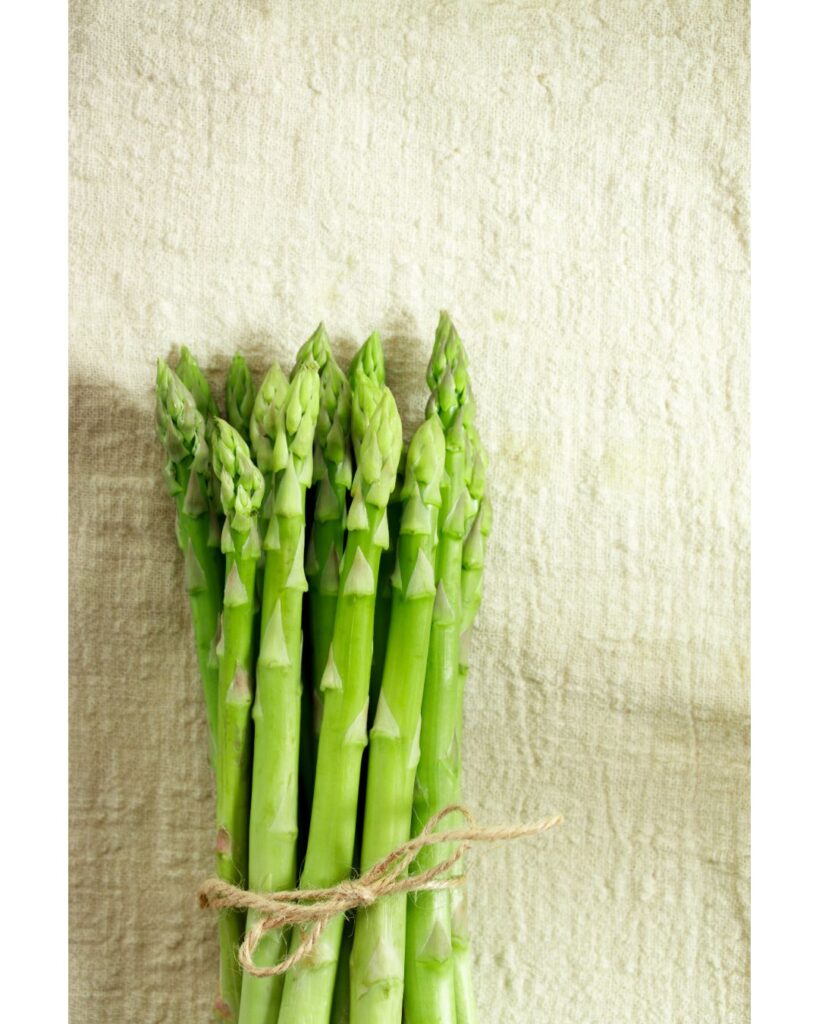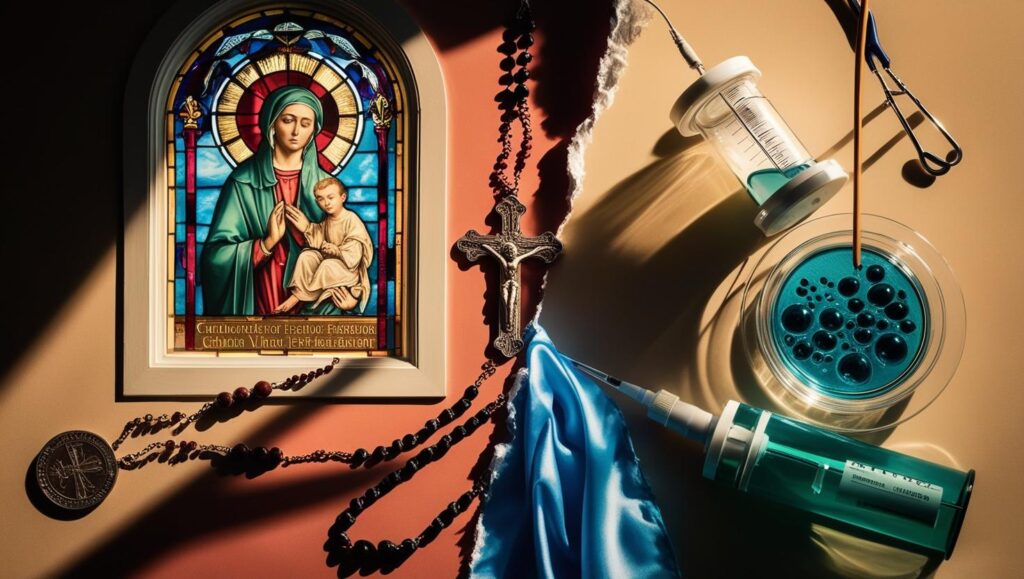I was born and raised Catholic. Not casually Catholic, the full immersion kind. The kind that felt like home, like blood, like breath. I’ve quit many times, but something always pulls me back: maybe it’s the call to forgive and forget, or maybe it’s the quiet anchor of family, most of whom are still devout. It feels disloyal to walk away completely.
I was baptized as an infant, too young to remember, but I vividly recall the years of catechism classes in Enugu. Classes were held in the church premises, taught in Igbo, and paired with activities like block rosary. My family was deeply Catholic. We had a crucifix on the wall, a statue of the Blessed Virgin Mary, and we prayed the rosary and Angelus religiously. Back then, no one could tell me anything, I believed we belonged to the one true church on earth.
I remember when Marian apparitions were reported at sites like Aokpe in Benue State and Umunya in Anambra. My family visited both. Umunya was a quick stop on our way to our hometown in Ihiala, but Aokpe, Aokpe was a pilgrimage.
We stayed overnight and camped around our car. People pointed at the sun, swearing it changed colors and danced. The prayers would intensify, people would fall under the spirit, and wheelchairs were lifted in celebration of healing. I couldn’t see much, I was a child, shorter than the crowd, but I felt the atmosphere. Angelic singing. Electrifying prayer. I’ve never forgotten that feeling, even if I don’t remember the sun.
What I do remember vividly: eating sweet bread smeared with canned sardines and butter like it was the feast of the century, and buying frozen yogurt from men on bicycles. People had come from all over the country. Songs were sung in different languages, and the evening mass was conducted in Latin. I never learnt the language, but it still comforts me. When the priest says “Oremus,” and everyone rises, it stirs something sacred inside me.
One of my dad’s cousins was studying to be a priest, and he encouraged me to consider the convent. At that age, I was game for anything that seemed spiritual. The only thing I didn’t like about church was incense, it made it hard to breathe.
But then came the unrest.
It started the day before I received my First Holy Communion. We had been prepped for the sacrament and told to go to confession. In catechism, they made it clear: lying to a priest was a sin, and receiving the Eucharist unworthy was even worse.
I was nine. I rehearsed my “sins,” said them quickly, expecting a light penance. But the priest asked two more questions. One was about ima mmanwu, the masquerade tradition, mostly for boys. I had no ties to it, so I said no. The second question struck a nerve.
It was about sexual exposure.
The year before, I had been molested. I hadn’t told anyone. I didn’t even fully understand what had happened. And now I was being asked a yes-or-no question about it in a confessional booth. I said “no.” What else could I say?
Did I lie? Was I now unworthy of Communion? I walked out with those questions burning holes in my chest.
Still, I wore my beautiful white dress and took the Eucharist, feeling certain I was headed to hell. I never wanted to go to confession again.
My mum still dragged me a few more times before boarding school, but the damage was done. Before I left, I began a new round of catechism, this time for Confirmation. I was older, more aware, and starting to notice things I hadn’t before.
Some priests and seminarians were inappropriate with the older girls who helped around the church. Whispers turned to stories. No one spoke up. Priests were untouchable. You kept quiet and carried on.
In boarding school, I continued the Confirmation classes. We were told we could choose a name. Finally, a chance to name myself! But the briefing crushed my excitement, the Bishop forbade “fancy” names. Only names of saints.
I wanted something chic. But no saint bore the names I wanted. I settled on “Monica,” my grandmother’s name. If nothing else, she would like it.
The day of Confirmation, I knelt before the Bishop, heart pounding, and declared myself Monica. It felt like a lamb to the slaughter. My spirit felt far away, clinging to my mother. I wanted to write her a letter explaining everything.
After that, I drifted. I avoided mass. I skipped confession. I couldn’t bring myself to join the Protestant students either. Protest what? I didn’t know. All I knew was that I didn’t belong anymore, not fully.
To be continued…







6 Responses
Your writing style is beautiful compelling.
Look forward to reading more.
Your writing style is beautiful and compelling!
Look forward to reading more.
What am interesting read👍
Looking forward to the complete story.
Beautiful piece.
Please continue so beautifully written!
I enjoyed every line, so relatable. I sincerely would love to continue part two.